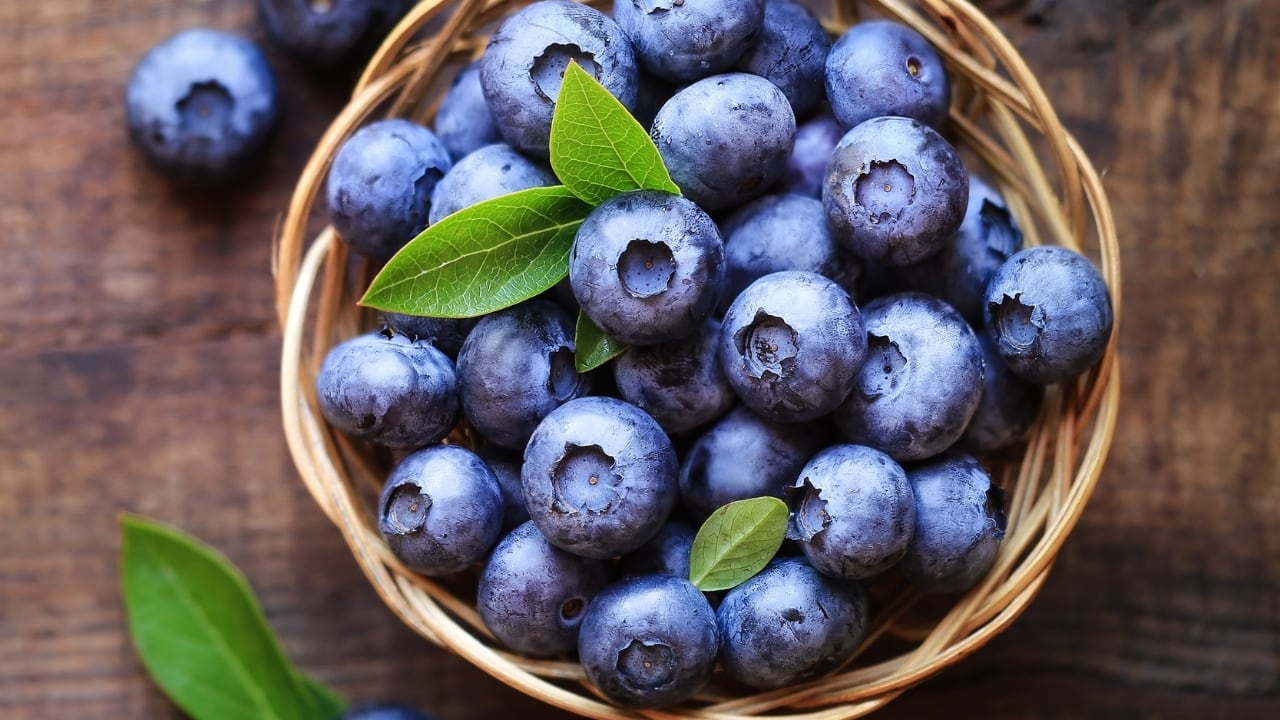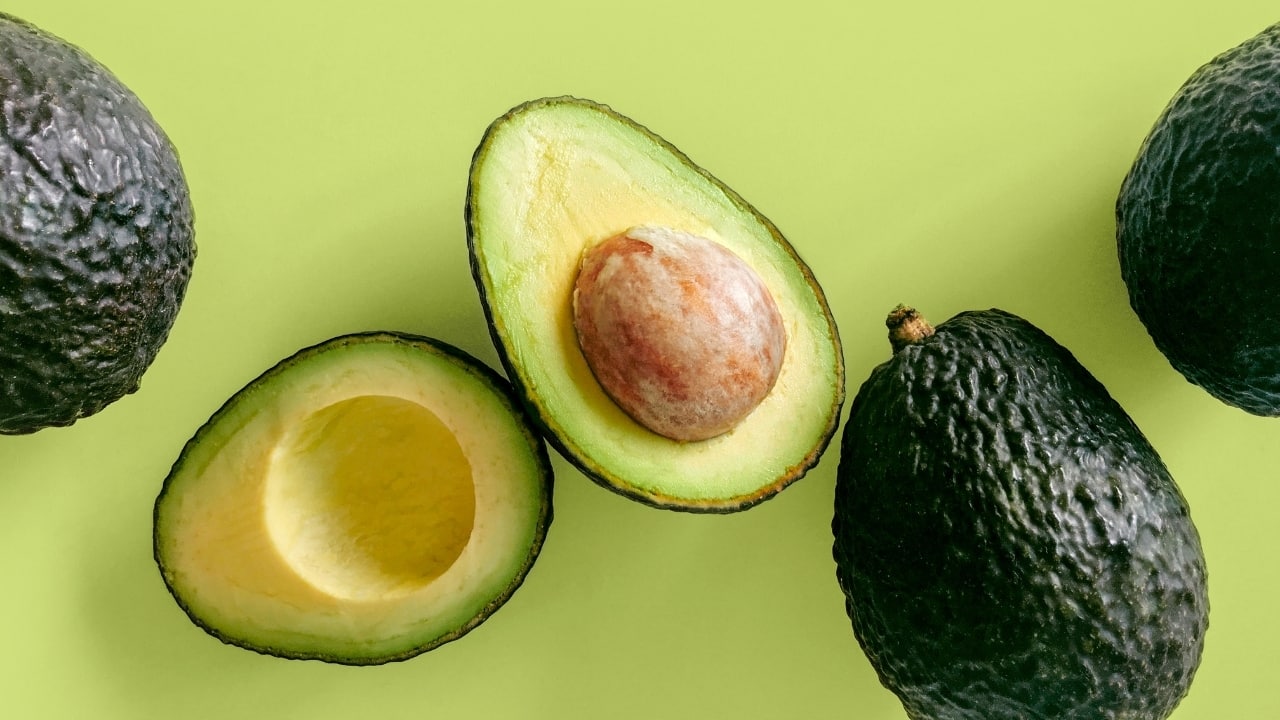Symptoms of dementia: Include these 8 foods in your daily diet to boost memory, improve blood flow
Dementia: The exact cause of dementia is often unknown, but it can be influenced by genetic, environmental, and lifestyle factors. While there is no cure, treatments focus on managing symptoms and improving quality of life through medication, therapy, and lifestyle changes. Here are 10 brain-boosting foods that can help you manage dementia.
1/11

Dementia is a broad term for a range of symptoms associated with a decline in cognitive function severe enough to interfere with daily life. It primarily affects memory, thinking, and reasoning skills. The most common type is Alzheimer's disease, characterised by progressive memory loss and cognitive decline. Other types include vascular dementia, which results from reduced blood flow to the brain, and Lewy body dementia, marked by abnormal protein deposits. Symptoms vary but often include confusion, difficulty recognising familiar people, problems with language, and changes in behaviour. The exact cause of dementia is often unknown, but it can be influenced by genetic, environmental, and lifestyle factors. While there is no cure, treatments focus on managing symptoms and improving quality of life through medication, therapy, and lifestyle changes. According to neurologist Dr Arvind Narang from Felix Hospital, Karnal, diet plays a crucial role in alleviating dementia. He suggests 10 such brain-boosting foods. (Image: Canva)
2/11

Blueberries: Blueberries are packed with antioxidants, particularly anthocyanins, which give them their deep blue colour. These antioxidants help combat oxidative stress and inflammation, both of which are linked to cognitive decline. Studies suggest that regular consumption of blueberries can improve memory and cognitive function by enhancing communication between brain cells and reducing the risk of neurodegenerative diseases. (Image: Canva)
3/11

Walnuts: Walnuts are rich in omega-3 fatty acids, specifically alpha-linolenic acid (ALA), which supports brain health by reducing inflammation and promoting neural growth. They also contain polyphenols, which have antioxidant properties that help protect the brain from oxidative damage. Regular walnut consumption has been associated with improved cognitive performance and a lower risk of cognitive decline. (Image: Canva)
4/11

Fatty fish: Fatty fish like salmon, mackerel, and sardines are excellent sources of omega-3 fatty acids, particularly EPA and DHA. These fats are essential for maintaining the structure of brain cells and supporting cognitive function. Omega-3s help reduce inflammation, improve blood flow to the brain, and protect against neurodegenerative diseases such as Alzheimer's. (Image: Canva)
5/11

Turmeric: Curcumin, the active ingredient in turmeric, has potent anti-inflammatory and antioxidant properties. It can cross the blood-brain barrier and directly impact brain function. Curcumin helps reduce inflammation and oxidative stress, which are associated with cognitive decline. Additionally, it may enhance brain-derived neurotrophic factor (BDNF), a protein linked to improved cognitive function and neurogenesis. (Image: Canva)
6/11

Leafy greens: Leafy greens like spinach, kale, and broccoli are rich in vitamins and antioxidants such as vitamin K, lutein, folate, and beta-carotene. Vitamin K supports brain function by aiding in cell signalling and protecting neurons. Lutein and beta-carotene have been linked to slower cognitive decline and improved memory. These nutrients work together to support overall brain health and cognitive function. (Image: Canva)
7/11

Pumpkin seeds: Pumpkin seeds are a valuable source of magnesium, iron, zinc, and copper. Magnesium is crucial for cognitive function and memory, while zinc plays a role in regulating communication between brain cells. Copper helps in the formation of neurotransmitters, and iron is essential for oxygen transport to the brain. These minerals collectively contribute to maintaining brain health and cognitive performance. (Image: Canva)
8/11

Dark chocolate: Dark chocolate, especially with high cocoa content (70% or more), contains flavonoids, caffeine, and theobromine. Flavonoids improve brain plasticity, which is crucial for learning and memory. Caffeine and theobromine enhance alertness and cognitive function. Additionally, antioxidants in dark chocolate help protect brain cells from oxidative damage, promoting overall brain health. (Image: Canva)
9/11

Green tea: Green tea contains caffeine and L-theanine, which together enhance brain function, mood, and cognitive performance. Caffeine boosts alertness and concentration, while L-theanine promotes relaxation without drowsiness. Green tea is also rich in antioxidants called catechins, which help protect the brain from oxidative stress and inflammation, supporting long-term brain health. (Image: Canva)
10/11

Oranges: Oranges are an excellent source of vitamin C, a powerful antioxidant that protects against oxidative stress and supports cognitive function. Vitamin C plays a role in neurotransmitter function and cognitive performance. Regular intake of vitamin C-rich foods like oranges has been associated with a lower risk of cognitive decline and improved overall brain health. (Image: Canva)
11/11

Avocados: Avocados are rich in monounsaturated fats, which support healthy blood flow and brain cell integrity. They also contain antioxidants like vitamin E, which helps protect brain cells from oxidative damage. The healthy fats in avocados are essential for maintaining cell membranes and supporting overall brain function, contributing to better cognitive health. (Image: Canva)
Discover the latest Business News, Budget 2025 News, Sensex, and Nifty updates. Obtain Personal Finance insights, tax queries, and expert opinions on Moneycontrol or download the Moneycontrol App to stay updated!






